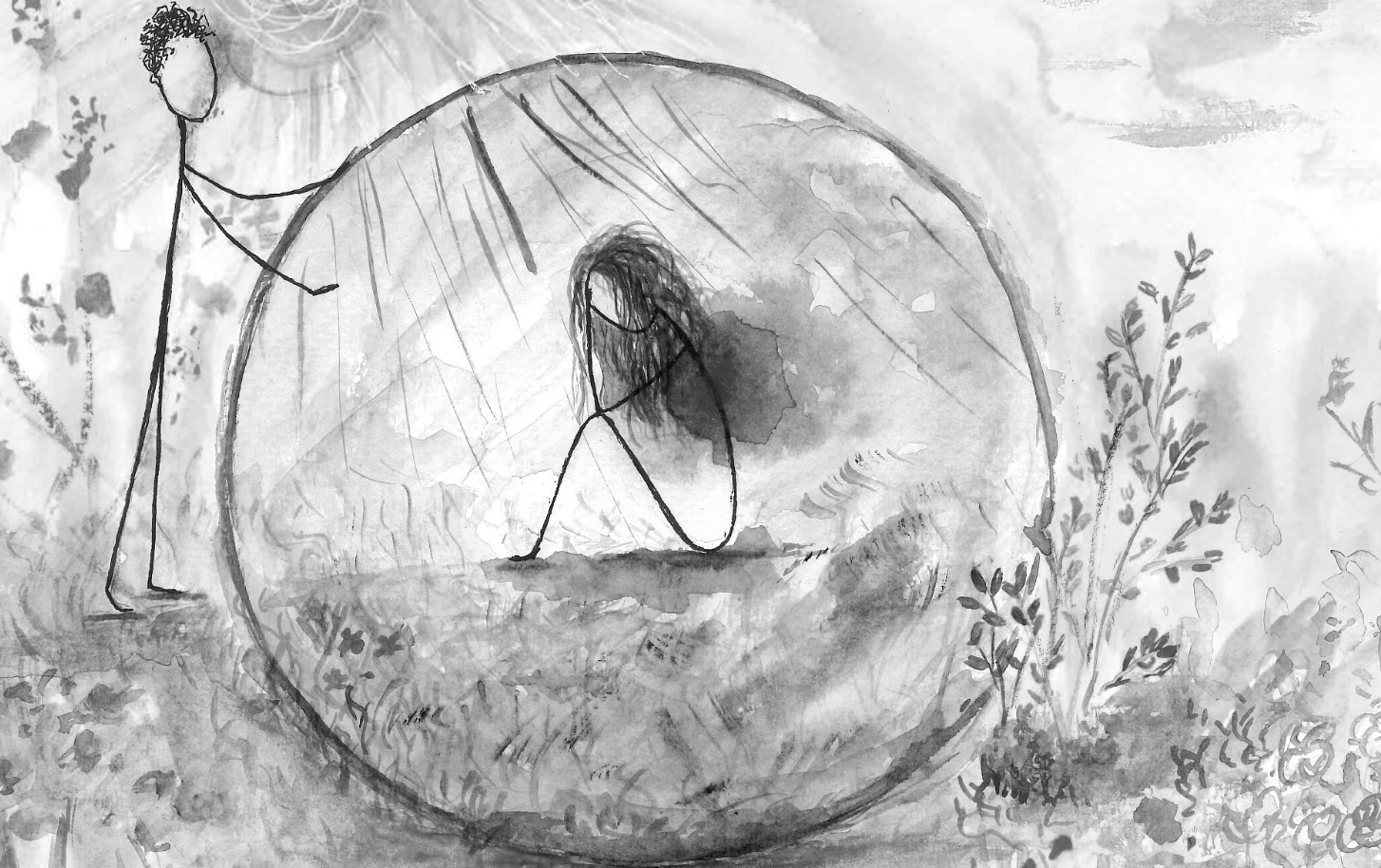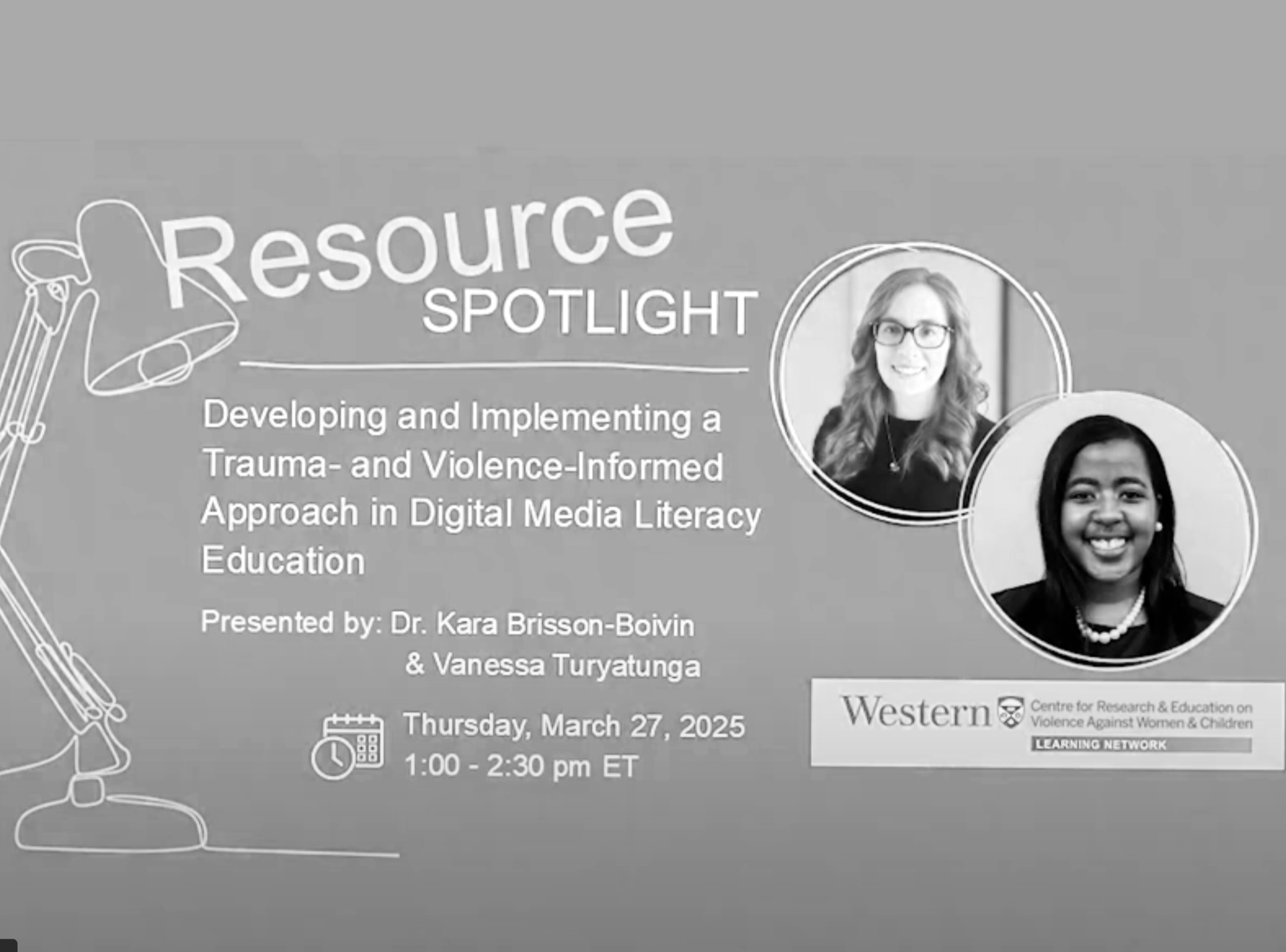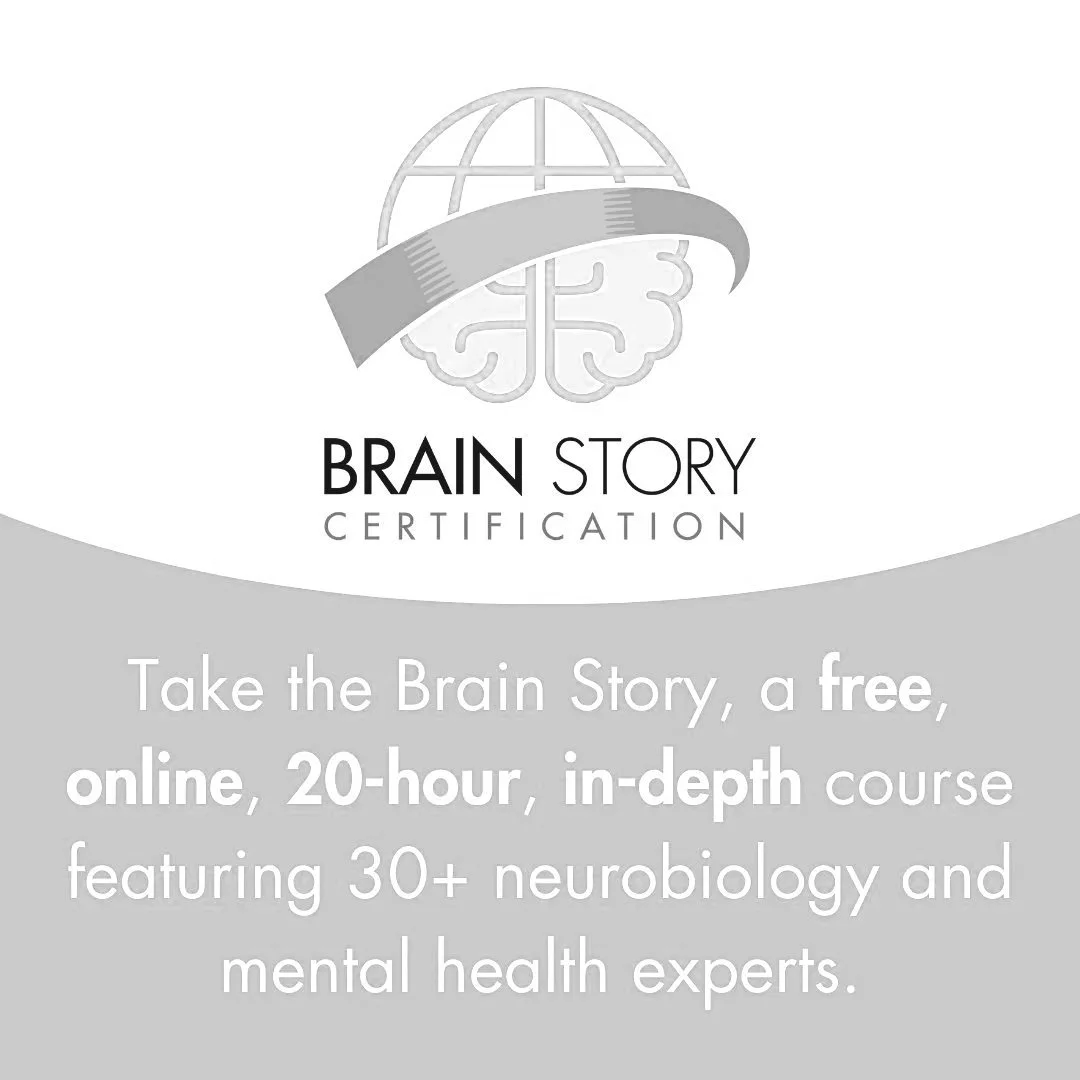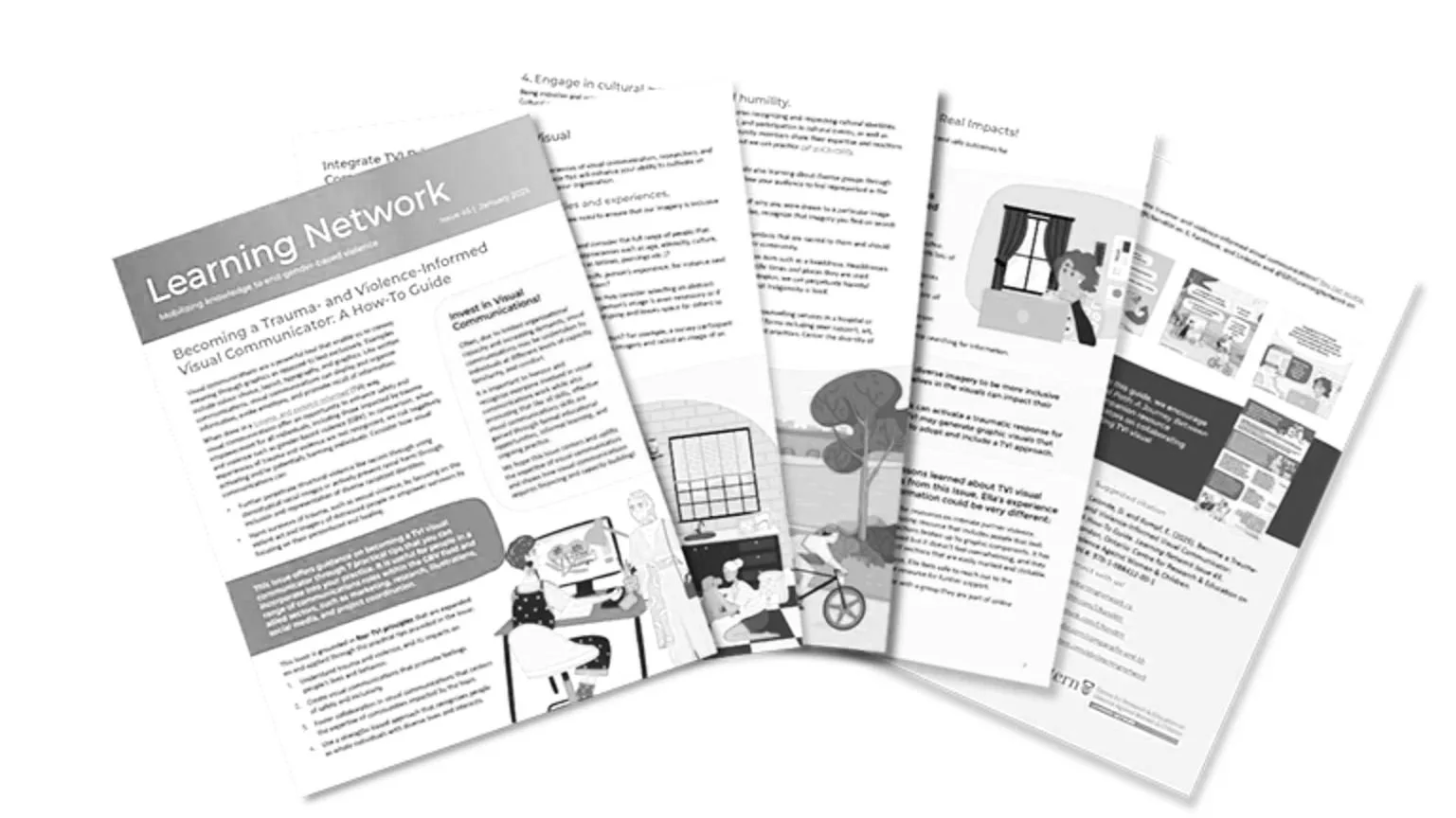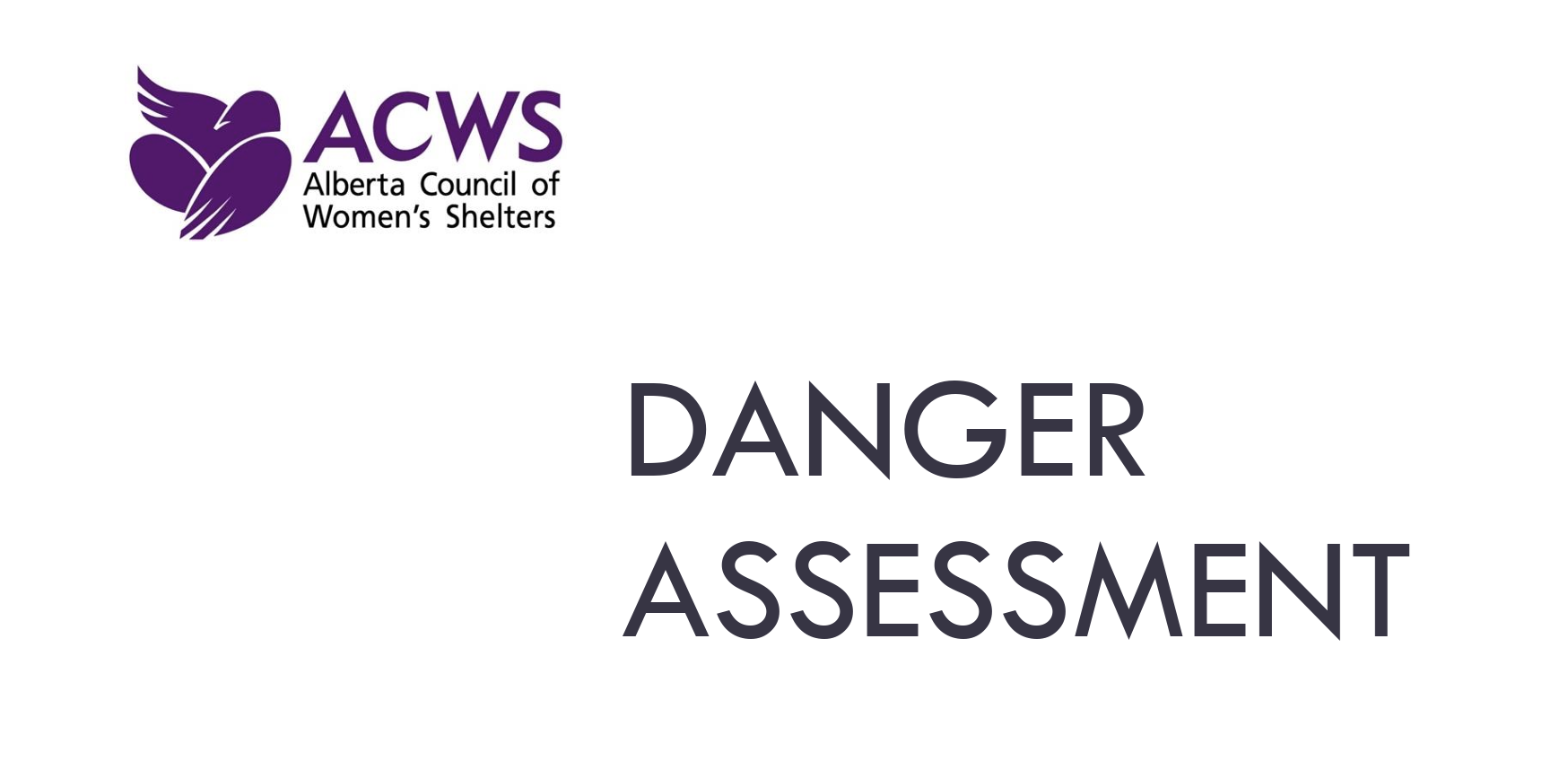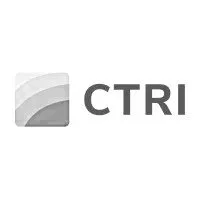
Staff Trauma-Informed Resource Corner
By embracing trauma-informed principles, we can contribute to safe and brave environments for all individuals.
Waypoints envisions a future where everyone is trauma-informed.
Promote Awareness
Enhance understanding of trauma through continuous training and open dialogue.
Shift Attitudes
Engage with individuals using empathetic curiosity and a genuine desire to understand their experiences.
Foster Safety
Ensure safety by addressing both physical and psychological needs.
Provide Choice
Offer meaningful opportunities for individuals to make choices and exercise autonomy.
Staff Resources & Tools
Highlight Strengths
Emphasize strengths to enhance resilience, connection, and understanding.

What It Means to Be Trauma-Informed
As a team supporting individuals impacted by domestic violence, sexual abuse, and systemic harm, being trauma-informed means more than understanding trauma; it requires us to shape every aspect of our care with empathy, safety, and cultural awareness. Trauma-informed practice involves creating environments where emotional, cultural, and physical safety are prioritised for both clients and staff. It means building trust and consistency in our interactions, while supporting choice, voice, and autonomy in how services are offered.
We recognise that trauma is not only individual but also often rooted in systemic, structural, and historical experiences. This includes the lasting impacts of colonialism, racism, homophobia, transphobia, ableism, and other forms of oppression that continue to affect historically marginalised communities. As such, we embed cultural humility and intersectionality into our work to ensure inclusive and equitable care.
Being trauma-informed also requires us to look inward—actively preventing re-traumatisation, integrating trauma awareness into policies and procedures, and acknowledging the effects of vicarious trauma on staff. Our approach is grounded in a trauma- and violence-informed lens that upholds dignity and respect in every service interaction, and recognises the complex realities that shape each individual’s path to healing..
Trauma-Informed Downloadable Worksheets
Trauma-Informed Worksheets by Trauma Tree
Trauma Tree offers a collection of trauma-informed worksheets tailored to support mental health. These resources include a Crisis Response Support Plan, Mental Health in a Day guide, and a Grounding Info Sheet, providing practical tools for staff to manage stress and trauma effectively.
Grounding: Skills for Trauma-Informed Practice
Developed by the Centre of Excellence for Women's Health, this resource focuses on grounding techniques to assist individuals overwhelmed by trauma.
It benefits both service providers and clients, emphasizing self-care and
effective coping mechanisms.
Building Distress Tolerance by Anxiety Canada
This worksheet provides insights into building resilience against anxiety and stress. It encourages self-reflection and offers practical steps for staff to enhance their distress tolerance, contributing to better emotional regulation in the workplace.
https://www.anxietycanada.com/downloadables/building-distress-tolerance/?utm_
Challenging Worries and Anxious Thoughts by CAMH
This toolkit empowers users to examine and challenge negative or anxious thoughts through practical cognitive reframing. By identifying thought patterns and testing their accuracy, staff can strengthen emotional resilience and develop healthier mental habits. Useful for improving thought management and workplace wellbeing.
The "Cup of Gratitude" by CAMH
A downloadable tool that supports daily mental wellness by encouraging individuals to reflect on and acknowledge positive aspects of their lives. This simple yet effective exercise invites users to metaphorically “fill their cup” with moments of thankfulness, helping to shift focus away from stress and toward balance and calm. It’s a helpful tool for promoting emotional grounding, especially in challenging times.
DBT TIPP Skills – TherapistAid
This practical worksheet introduces the "TIPP" skill set from Dialectical Behaviour Therapy': Temperature change, Intense exercise, Paced breathing, and Paired muscle relaxation. Designed for rapid emotional regulation, it empowers individuals (and supporting staff) to quickly reduce distress, regain control, and remain present during high-stress moments.
ASSERT Formula
This assertiveness tool walks users through a structured approach using Acknowledgement, Statement of Feelings, Specification of Request, Empathy, Calm Response, and Taking Action. It is designed to support healthy boundary-setting and promote respectful, confident communication.
https://positivepsychology.com/assertiveness-skills/
Self-Esteem Inventory
This PDF is a reflective tool designed to help individuals explore their self-perception, assess confidence levels, and identify personal strengths. By highlighting areas for growth, it encourages thoughtful self-reflection and supports the development of a more positive and resilient sense of self.
Understanding My Emotions - A Self Guided Resource
Understanding and processing emotions can be challenging, especially after trauma. This free workbook from the Crisis & Trauma Resource Institute (CTRI) offers trauma-informed guidance to help build emotional awareness in a safe, supportive way. Through reflective exercises and practical strategies, it encourages self-understanding and can be used on its own or with a service provider. Ideal for personal use or to support others on their healing journey.
https://ctrinstitute.com/resources/understanding-my-emotions/
Using the Risk Identification Worksheet
Assessing safety risks can feel complex, especially when working with individuals affected by gender‑based violence. The Risk Identification Worksheet provides service providers with a structured way to explore potential risks and guide informed safety planning. By completing the RISA Questionnaire, a detailed report is generated that can be saved or printed to support client discussions. Rooted in trauma‑informed practice, this resource encourages thoughtful, survivor‑centred decision‑making and can be used alongside other safety planning tools.
RISA Safety Plan: Guiding Informed Protection
The RISA Safety Plan supports service providers and clients in translating risk assessment insights into clear, practical safety strategies. Grounded in trauma‑informed principles, this plan outlines immediate actions, resources, and collaborative steps to enhance safety tailored to individual circumstances. It encourages ongoing review and flexibility to adapt as situations evolve, empowering clients to take active roles in their safety journey. The plan can be saved or printed for continued reference and shared decision‑making.
Suicide Warning Signs
A thoughtfully curated guide from the Crisis and Trauma Resource Institute highlighting a wide range of warning signs that may indicate someone is experiencing thoughts of suicide. This resource also offers practical guidance on how to respond with care, safety, and compassion, helping you provide support when it matters most.
Recognizing Anxiety in Yourself & Others
This PDF helps recognize anxiety and is a comprehensive guide to identifying the subtle and obvious signs, from physical sensations to emotional shifts and behavioural changes. Designed to promote early awareness, it empowers individuals to respond thoughtfully and implement coping strategies that support resilience, balance, and overall well-being.
https://ctrinstitute.com/resources/recognizing-anxiety-worksheet/
Emotional Coping: What To Do After Receiving a Diagnosis
This PDF resource provides compassionate guidance, emotional, practical, and relational, for navigating life after a diagnosis. It supports individuals in seeking trusted information, cultivating meaningful support networks, and taking confident, informed steps toward their ongoing care and well-being.
https://ctrinstitute.com/resources/what-to-do-after-a-diagnosis/
Four Steps to Workplace Reconciliation
Guides teams through actions that build stronger, more respectful relationships across cultures, particularly between Indigenous and non-Indigenous colleagues. This tool encourages honest dialogue, shared learning, and workplace practices that foster reconciliation.
https://ctrinstitute.com/resources/4-workplace-actions-to-begin-your-reconciliation-journey/
Behavioural Change Worksheet
A structured framework designed to help individuals set clear goals, monitor progress, and uncover personal motivators for meaningful behaviour change. Ideal for supporting personal growth or guiding client planning sessions, it turns intentions into actionable steps and lasting outcomes.
Styles of Anger Assessment Tool
This resource guides individuals in exploring how they typically express, manage, or suppress anger. By identifying personal patterns and triggers, it fosters greater self-awareness and understanding of emotional responses. Using these insights, individuals can develop healthier, more constructive ways to respond in challenging situations, enhancing both personal well-being and interpersonal relationships.
https://ctrinstitute.com/resources/styles-of-anger-assessment-tool/
Skills to Counteract Lateral Violence
Provides practical tools to recognize, address, and reduce harmful behaviours within peer relationships or workplace environments. By fostering awareness and offering actionable strategies, it encourages healthy, respectful communication and helps build more supportive, collaborative interactions.
https://ctrinstitute.com/resources/skills-to-counteract-lateral-violence/
Healing from Trauma Booklet by Haven Society
This comprehensive booklet delves into the effects of trauma, identifying triggers, and offers coping strategies. It provides guidelines for grounding techniques and methods to contain overwhelming emotions, serving as a valuable resource for staff to understand and manage their trauma responses.
Techniques for Grounding by First Nations Health Authority
This fact sheet offers grounding techniques suitable during crises, including deep breathing exercises, traditional practices, and affirmations. It serves as a quick reference guide for staff to employ immediate coping strategies.
https://www.nccih.ca/634/Techniques_for_Grounding.nccih?id=1218&utm_
Dealing With Problems In a Structured Way by CAMH
This PDF helps you differentiate between problems you can address and worries that are beyond your control. It uses a structured question-based approach to guide you in identifying actionable steps, reducing rumination, and refocusing energy on real solutions. Ideal for staff looking to enhance problem-solving capacity and mental clarity.
Self‑Management In The Moment by CAMH
This guide provides quick grounding exercises to manage stress when emotions escalate. Designed for immediate use, it helps staff regain calm and presence via simple techniques. It’s a valuable tool for trauma-informed and wellness-focused settings.
Back From The Bluez by Centre for Clinical Interventions
This workbook offers a practical, step-by-step approach to understanding and managing depression. Through nine modules, it guides users in building emotional resilience, challenging unhelpful thoughts, and developing healthy routines to support recovery.
https://www.cci.health.wa.gov.au/Resources/Looking-After-Yourself/Depression
CLEAR Communication Model
A structured worksheet offering the CLEAR framework (Connect, Listen, Express, Ask, Respond) to build rapport and mutual understanding. Ideal for staff and clients aiming to improve respectful, solution-focused dialogue.
https://positivepsychology.com/assertive-communication-worksheets/
DESC Script (Yale University)
This worksheet outlines the DESC technique—Describe, Express, Specify, and Consequences—to have productive, assertive conversations while minimizing defensiveness. Excellent for difficult workplace interactions.
Practicing Radical Acceptance – Mental Health Awareness
This PDF worksheet guides users through embracing reality without resistance. It helps identify areas of struggle, recognize what’s outside our control, and replace judgmental thoughts with neutral observations. Includes a calming mantra (“It is what it is…”) and prompts to support emotional resilience. Ideal for aiming to reduce internal conflict and foster self-compassion.
https://mhawv.org/wp-content/uploads/2024/05/Worksheet-Practicing-Radical-Acceptance.pdf
RISA Questionnaire: Exploring Risk with Care
The RISA Questionnaire guides service providers through a thoughtful, structured process to understand the safety risks a client may be experiencing. Designed with trauma-informed and intersectional principles, the questionnaire covers factors including identity, current circumstances, and experiences of gender-based violence. Responses inform a comprehensive risk report that helps shape personalized safety planning. This tool supports providers in making informed decisions while centering the lived experience and unique context of each individual.
Action Plan for Safety and Next Steps
Creating a clear safety plan is an important step in supporting individuals who may be at risk of gender-based violence. This Action Plan Document offers a structured and trauma-informed approach to outlining next steps based on a client’s specific needs and circumstances. Designed for service providers, it can be used alongside the RISA Tool to document safety strategies, referrals, and follow-up considerations. The plan can be saved or printed to support collaborative planning with the client and other service partners. Grounded in survivor-centred practice, this tool helps translate assessment into meaningful, practical support.
How to Recognize Suicidal Ideation in Clients (& For Others)
This resource offers guidance to service providers on identifying and responding to suicidal ideation with clarity, care, and confidence. Drawing on trauma-informed practices, it emphasizes the value of direct, stigma-free conversation while outlining practical indicators and approaches that support early recognition. Designed to strengthen professional response, it reframes inquiry as a supportive act—one that opens the door to connection, safety, and hope.
https://ctrinstitute.com/blog/recognize-suicidal-ideation-in-clients/
CTRI: Neck Tension Release
A short, guided exercise for reducing tension and discomfort in the neck and shoulders, often linked to stress or prolonged screen time. Includes gentle stretches and breathing techniques that can be done anywhere without special equipment. By promoting physical release, this handout also encourages mental grounding and supports emotional regulation.
Quick Strategies for Anger Management
This resource offers practical, easy-to-apply, in-the-moment strategies for managing rising feelings of anger. Techniques such as controlled breathing, thought reframing, and sensory tools can be applied immediately, helping staff respond constructively during challenging interactions. It can be used both as a personal toolkit for self-regulation and as a guide to support clients in navigating strong emotions safely and effectively.
https://ctrinstitute.com/resources/quick-strategies-for-anger-management/
Stress: Assessing Your Experience
This resource from the Crisis & Trauma Resource Institute helps individuals reflect on their stress levels, identify contributing factors, and understand how stress impacts daily life. It offers practical strategies to restore balance, build resilience, and support overall well-being.
https://ctrinstitute.com/resources/stress-assessing-my-experience/
Dealing with Chronic Passive Aggression
Explores the patterns, causes, and impacts of passive-aggressive behaviour, offering strategies to address it respectfully. Staff can use these approaches to improve communication, set clear boundaries, and prevent ongoing tension.
https://ctrinstitute.com/resources/dealing-with-chronic-passive-aggression/
Healthy Habit Log
A practical daily or weekly template for tracking self-care habits, such as drinking enough water, getting regular exercise, prioritizing sleep, practicing mindfulness, journaling, etc. By monitoring these routines, individuals can spot patterns, celebrate progress, and make small adjustments to support long-term wellness.
Warning Signs of Disordered Eating
Highlighting physical, emotional, and behavioural patterns that may indicate disordered eating, this resource promotes early recognition and supports sensitive, compassionate conversations. It also guides individuals toward appropriate resources, fostering timely intervention and overall well-being.
https://ctrinstitute.com/resources/warning-signs-of-disordered-eating-2/
Mindful Breathing Techniques
Clear, simple instructions guide breathing practices that help calm the body and mind. Techniques can be integrated into daily routines or applied in moments of stress to support focus, emotional regulation, and overall well-being.
Unique Tools for Emotional Regulation

Community Resources
This resource provides staff with a centralized directory of local organizations, programs, and services across the Regional Municipality of Wood Buffalo. It is designed to support internal planning, collaboration, and quick access to information when coordinating with community partners.
Access the full directory here: Community Resources – Wood Buffalo PCN
Professional Development

Wellness Phone Numbers
-
Offers emotional support, information, and referrals for anyone affected by sexual violence. Available by phone, text, or chat, seven days a week from 9 a.m. to 9 p.m.
Contact: 1-866-403-8000
Website: aasas.ca/one-line -
Provides mental health programs and services, including peer support, education, and community outreach.
Location: 8530 Manning Ave Unit 111, Fort McMurray, AB T9H 5G2
Contact: 780-743-1053
-
Delivered through LifeWorks
The Employee and Family Assistance Program (EFAP) is a confidential and cost-free service available to all Waypoints employees and their eligible family members. The Employee & Family Assistance Program provides direct, 24/7 access to a broad range of supports and resources to help manage personal, family, or workplace challenges, anytime, from anywhere.
Whether you're dealing with stress, relationship issues, financial concerns, or health-related matters, EFAP offers tailored support that respects your privacy, comfort level, and unique situation. Services are available in both English and French.
Access EFAP services
• Online: login.lifeworks.com
• By phone (toll-free, 24/7/365)
– English: 1-844-671-3327
– French: 1-855-360-5485
• Mobile app: Download the LifeWorks app on iOS or Android by searching "LifeWorks" in your app storeNeed to register?
If you have not yet registered since joining Waypoints, an invitation email was sent to your inbox. Please check your spam or junk folder. If you did not receive it, contact Maryellen Fenech at mfenech@fmwbunitedway.com for assistance. -
Provides immediate mental health counselling and crisis intervention to all Indigenous peoples across Canada.
Contact: 1-855-242-3310 (24/7 support)
-
Provides a range of mental health services, including inpatient care and outpatient support for adults and youth.
Location: 7 Hospital Street, Fort McMurray, AB T9H 1P2
Contact: 780-791-6104
-
Provides confidential support for individuals in personal crisis, including emotional distress and mental health concerns.
Location: 8706 Franklin Ave #202A, Fort McMurray, AB T9H 2J6
Contact: 780-743-4357 (24/7 crisis support)
-
Offers free walk-in counselling for individuals experiencing emotional, addiction, or mental health issues. Provides short-term single-session counselling and referral services.
Location: 339 Powder Drive, Fort McMurray, AB T9K 0M4
Contact: 780-793-8360








